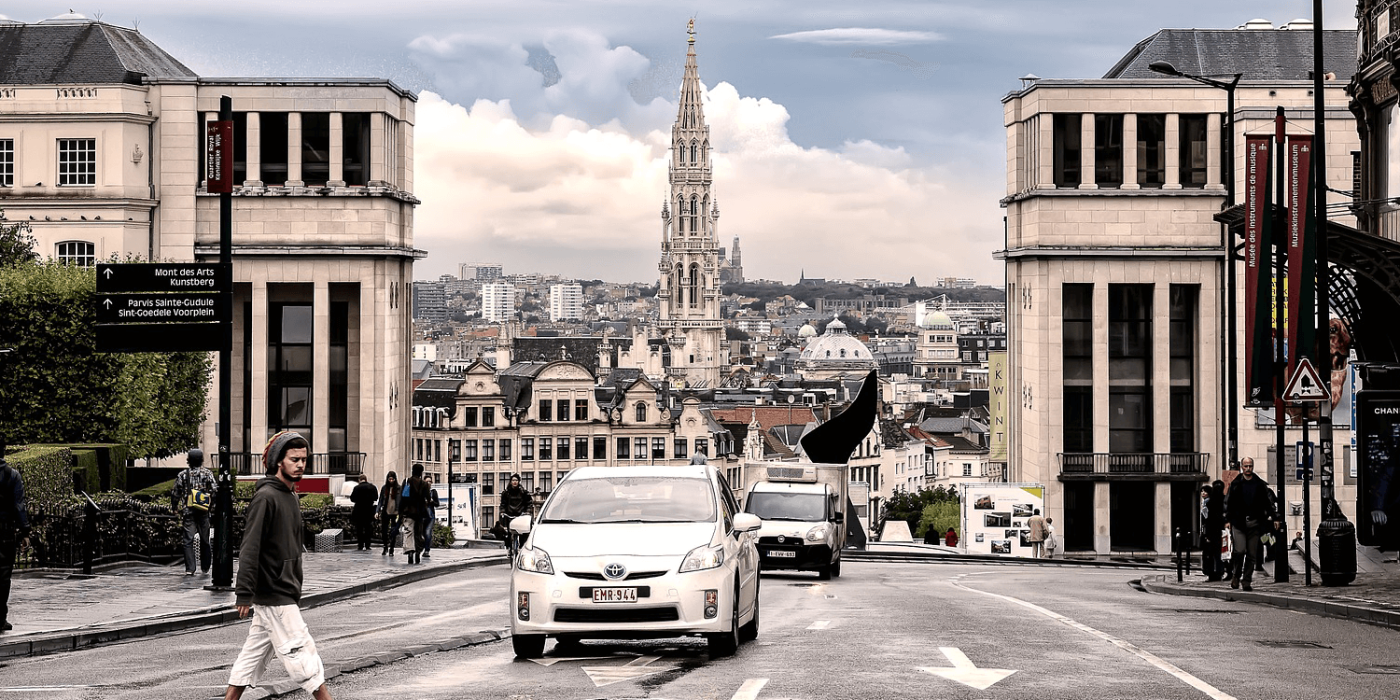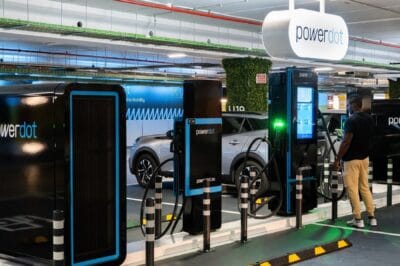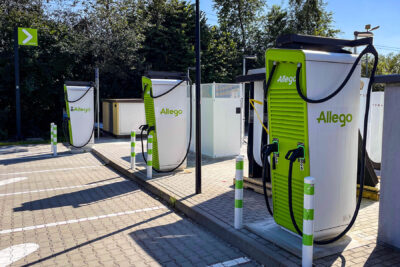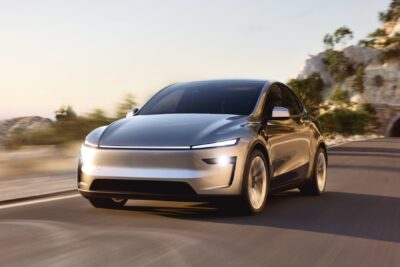The city of Brussels to ban petrol and diesel 2035
The Brussels regional government in Belgium is banning diesel vehicles from 2030 and petrol vehicles from 2035. Meanwhile, the Flemish Region of Belgium has announced that it will discontinue its subsidy programme for electric vehicles from January 2020.
In Belgium, parliamentary representatives of the independent capital region have adopted the final version of the city’s climate protection plan, which includes a ban on diesel vehicles from 2030 and petrol vehicles from 2035. Motorised two-wheelers will also be subject to the bans and the most polluting motorcycles will be banned from 2022.
Currently, the Belgian capital and seat of the European parliament has a notoriously bad infrastructure for cyclists and inadequate public transport. This is set to change with major investments in public transport with the increase of tram and bus routes as well as cycle networks and pedestrian tunnels.
The Belgian automotive federation Febiac says the plan needs more work, claiming “Specific plans, measures and the budget to work through all of it in such a time period are non-existent.” Being more specific they extrapolated: “Already today, Brussels is lagging far behind, for example in the deployment of the essential charging infrastructure.”
While Cathy Macharis of the BUV’s Centre for Urban Studies agreed that “we need more charging stations, and fast. Businesses are also going to have to install charging stations.” She also said she thinks the plan is “certainly possible”, pointing out that “The average lifespan of a car is 15 years, so now is the time to announce the goals.”
A problem with electrifying motorized vehicles in the country’s capital state also lies in Belgium’s federal tax laws. The suggestion now is that drivers be taxed according to their use rather than ownership – the more you drive, the higher the tax. But these changes will only be possible via Belgium’s famously cumbersome federal parliament.
The capital district is now leading the way in fossil fuel legislation over the other two Belgian districts. In the Flanders region, however, bicycle use and infrastructure, for example, is much higher. Flanders has just sworn in a new state government, who has kicked off their term by cancelling the current 4,000 euro purchasing premium for electric at the turn of the year.
The reason given is the low demand for the subsidies to date. Specifically, despite 3,600 purchases of electric vehicles last year, only 415 applications were submitted for the premium. In the first half of 2019, however, the number of applications has exceeded the meagre number 593 applications from last year. A total of 6.5 million people live in the Flemish region of Belgium.
In the Brussels region, the ban on combustion vehicles is meant to help reduce CO2 emissions there by 40 per cent by 2030 and achieve complete decarbonisation by 2050 – in line with the goals of the European Union. The capital region comprises 19 municipalities including the city of Brussels with a total population of 1.2 million.
According to Bloomberg statistics, 24 European cities with 62 million inhabitants have now decided to phase out diesel cars in the long term. 13 of these cities want to ban both diesel and petrol vehicles. Prominent examples include Paris, Madrid, Copenhagen as well as London and Rome.
forbes.com, flanderstoday.eu, (petrol and diesel ban) brusselstimes.com (Flanders EV subsidies)





0 Comments